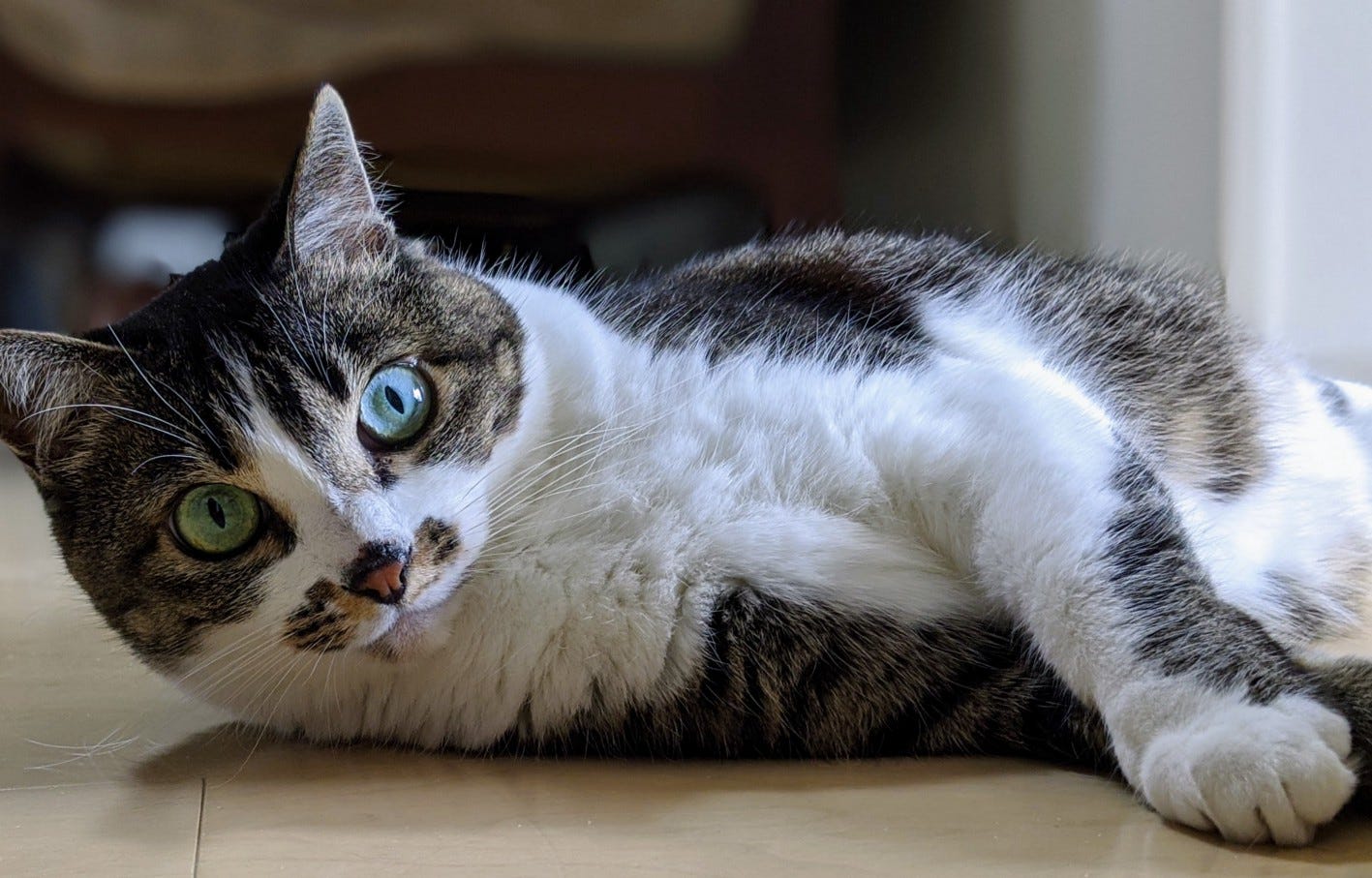“Mr. President, there’s a high probability of a terrorist attack in the United States today.” The national security advisor’s voice resonated sharply, even at 3:35 a.m.
The president glanced at his soundly sleeping wife, who was oblivious to the phone call and the urgent crisis that loomed over America. He hoped she was continuing his dream of the two of them sunning on the deck of a yacht somewhere in the Caribbean.
“Yes, Bob,” the president said.
“I can brief you in the Oval Office in twenty minutes, sir. Your chief of staff, the Homeland Secretary, SecDef, the VP, and Roberta Litton from the CIA will be there.”
It was now just a few minutes before 4 a.m., before the faintest morning light touched Washington, DC, before the city’s subway carried its first morning passenger. The president sat on the large, oak chair behind his desk, while everyone else perched on the couches.
The president’s chief of staff, Nancy Lindstrom, took charge of the meeting. “Mr. President, this is Dr. Roberta Litton, CIA deputy director of Biological Security. In addition to her position at the CIA, she has a Ph.D. in biology from Stanford.”
The president’s hands cradled a coffee cup bearing the Seal of the President of the United States. He nodded toward Litton. He brought the cup to his lips and drank, letting the burn of hot coffee boost the caffeine’s power.
Lindstrom continued, “Deputy Director Litton will brief you.”
Litton straightened her back before speaking. A drop of sweat fell from her forehead into her lap. “Mr. President, terrorists plan to set off a biological weapon in the United States sometime today.”
The president put down his coffee. Everyone in the room followed his lead, the clink of a half dozen cups sounding like the xylophone section of an orchestra.
Litton continued, “The terrorists intend to unleash a virus that contains instructions to alter cat genes. They will release this virus in the water supply of six cities simultaneously sometime this evening. If they are successful, the virus will quickly spread across the country.”
“Cats?” the president asked.
Everyone turned toward Litton, relieved that it wasn’t them who had to answer the president.
“Yes, sir. The scenario points toward a virus that will irrevocably alter a key component of the domestic cat’s genome.”
“Cats?” The president glared at his national security advisor. “You woke me in the middle of the night because of house cats?”
Chief of Staff Lindstrom took the ball. “Sir, these terrorists have devised a way to delete the gene in cats that compels them to use a litter box. If they are successful, domestic house cats will no longer be litter box trained.”
“Cats? This is about cats?” The president tilted his empty cup in a somebody-get-me-more-coffee motion.
The vice president poured more coffee for him.
Lindstrom pushed ahead. “Our most reliable estimate is that there are between seventy-four and ninety-six million pet cats in the United States. If they all stop using litter boxes, there’s going to be profound fury from coast to coast. That’s over seventy million Americans whose lives will be upended. Imagine the political and social upheaval caused by tens of millions of Americans, who return from work every day to find — excuse me, sir — cat poop and pee all over their furniture and floors.”
“I see,” the president said.
“We could be confronting society-level turmoil,” the Homeland Secretary added. “Civil order replaced by raging, unrelenting chaos.”
The president leaned forward, his eyes resolute. “Let’s get to work.”
Readers inspire me to write. I’d be delighted if you clicked the subscribe button below. My fiction newsletter is free.
If you enjoyed The Kitty Litter Scenario, I think you’ll also like my story, The Liberation Gang.






This made me laugh! A nightmare scenario indeed. Great story .
I’m still laughing.